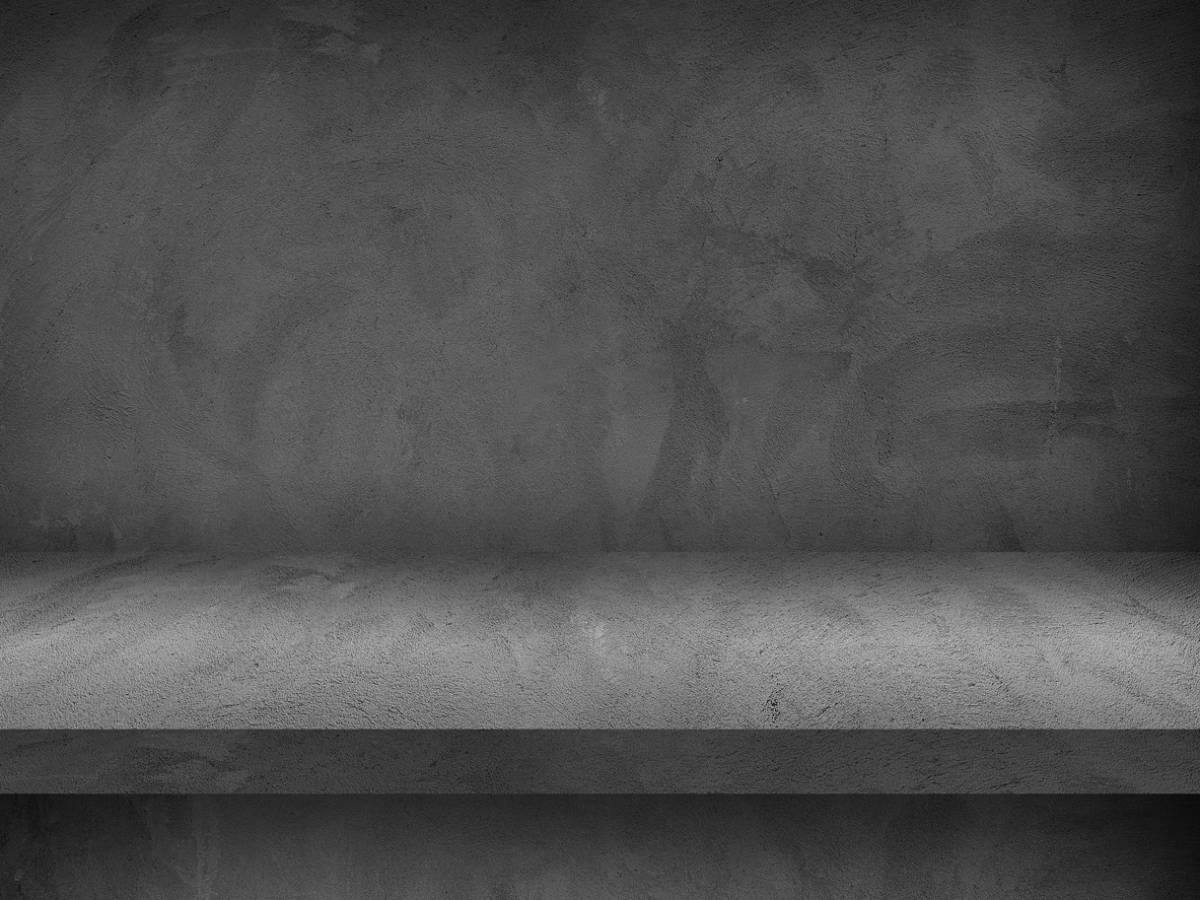Sintered stone is a manufactured product. It is created using the same processes involved in the creation of metamorphic rock to create some of the strongest and most versatile stone options on the market. Let’s look at the top reasons to choose sintered stone.
Top Reasons to Choose Sintered Stone
If you are considering including stone surfaces in your home or commercial building, then sintered stone should be at the top of your list. Here are just a few reasons why sintered stone is arguably the best stone surface on the market.
Completely Non-Porous
Unlike natural stone, sintered stone is completely non-porous. There’s no resin to worry about, and you do not have to have it resealed every 3-6 months to keep it looking gorgeous.
This feature allows sintered stone to be used in water features, outdoor surfacing, and indoor surfacing. The water-tight seal guarantees a hardier stone with better food safety.
Can Be Cut Ultra Thin
Sintered stone is already a lighter stone than most at 1.1-1.5 lbs per square foot. The stone is also designed to be highly durable and resist breakage under strain.
These features allow sintered stone to be cut ultra-thin. Depending on the intended usage, you can get slabs of sintered stone only 3 millimeters thick. Stone for kitchen countertops will have to be a bit thicker, but nothing close to the thickness of a granite slab.
Fortunately, that means you won’t have to reinforce your floor or your cabinets to withstand the excessive weight of natural stone when you install sintered stone kitchen countertops.
Very Low Maintenance
Sintered stone is non-porous, so it will not absorb products. It is also highly unlikely to react with cleaning products. That means you can use virtually any standard cleaning product. Just make sure the product is completely wiped to prevent residue build-up.
Harder than Most
Sintered stone ranges from 6 to 7 on the Mohs hardness scale. By contrast, granite usually tops out at a 6. That means that sintered stone tends to be more resistant to scratching and other forms of physical damage.
While you should probably still use a cutting board just in case, this feature does indicate that your sintered stone surfaces should hold up to basically anything as long as you don’t hit it with a diamond blade.
Heat Resistant
Quartz countertops are another manufactured alternative to natural stone. Unfortunately, they are held together by resin, which is essentially a strong adhesive. This resin can and will melt under direct heat.
With sintered stone, this risk is completely removed. Your sintered stone surfaces have been carefully molded under extreme temperatures and pressures that you are unlikely to match during normal usage.
As a result, you can safely expose your sintered stone surfaces to hot pots and flat irons without risking immediate damage to your stone surfaces.
Highly Versatile
The best feature of sintered stone may just be its versatility. It wouldn’t matter how hard or resistant the surface as if it couldn’t be made aesthetically pleasing. Fortunately, Neolith sintered stone can be made to match virtually any aesthetic.
Sintered stone can replicate the appearance of natural stone, concrete, and even wood grain. If a slab were to break, it can be replicated, a feat that is literally impossible with natural stone.
Its versatility means that sintered stone can be placed virtually anywhere on any flat surface. You can find sintered stone in pools, on the outside of architectural marvels, and even in your kitchen.
Choosing Sintered Stone
Sintered stone is an incredible material with too many outstanding features to fit in a single guide. To learn more about sintered stone and the ways it can help to make your project outstanding, contact your local sintered stone distributor.
